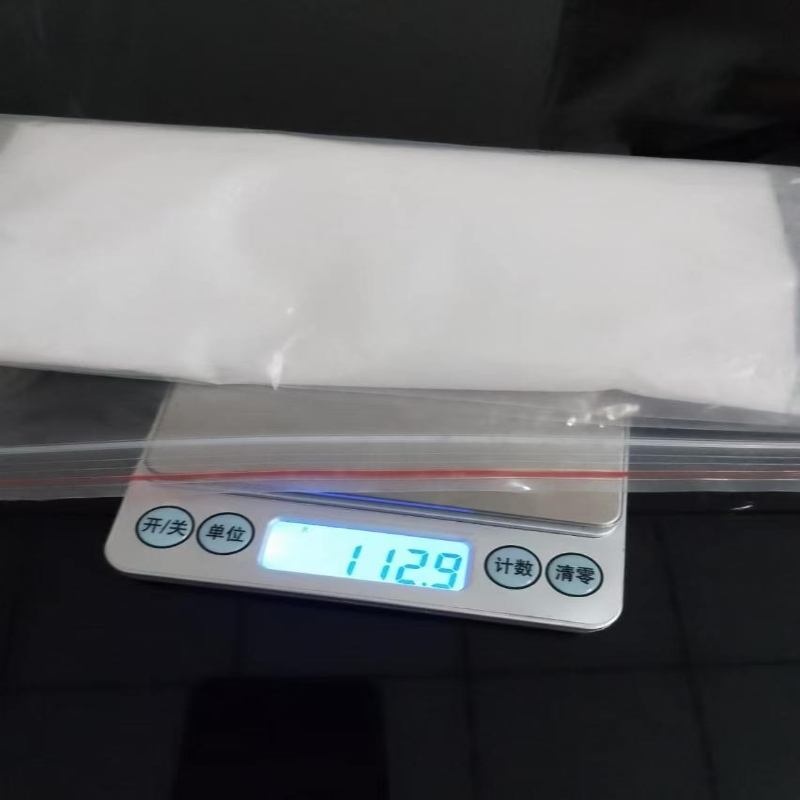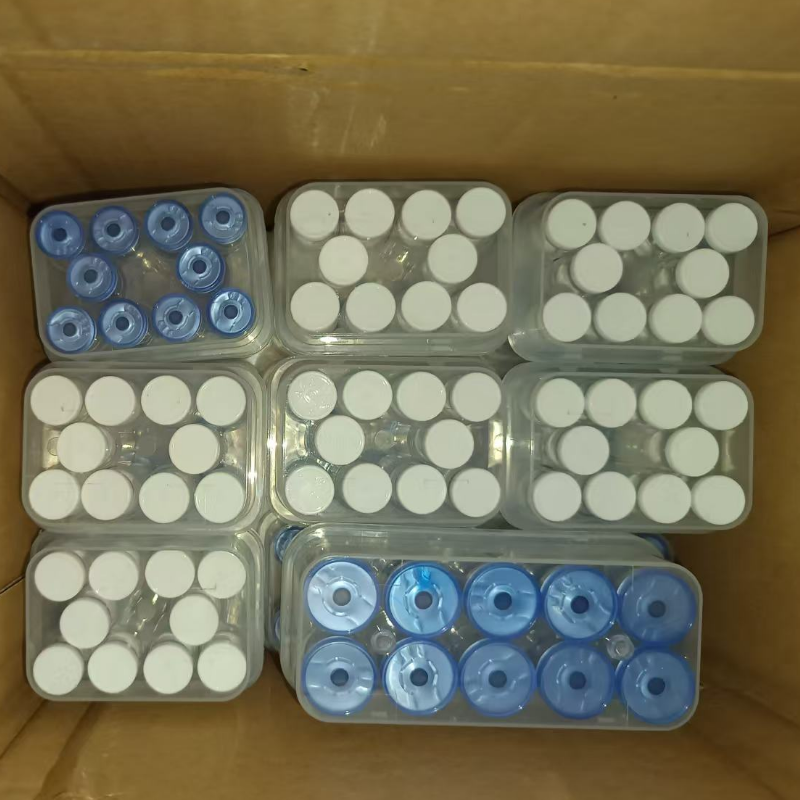-
Categories
-
Pharmaceutical Intermediates
-
Active Pharmaceutical Ingredients
-
Food Additives
- Industrial Coatings
- Agrochemicals
- Dyes and Pigments
- Surfactant
- Flavors and Fragrances
- Chemical Reagents
- Catalyst and Auxiliary
- Natural Products
- Inorganic Chemistry
-
Organic Chemistry
-
Biochemical Engineering
- Analytical Chemistry
-
Cosmetic Ingredient
- Water Treatment Chemical
-
Pharmaceutical Intermediates
Promotion
ECHEMI Mall
Wholesale
Weekly Price
Exhibition
News
-
Trade Service
Patients with stage IIB or IIC melanoma have a high
risk of disease recurrence if they undergo surgery only.
In the first interim analysis of the KEYNOTE-716 trial, adjuvant pembrolizumab significantly improved recurrence-free survival in patients with stage IIB or IIC melanoma
compared with placebo.
The results
of the third interim analysis of the study are reported here.
The KEYNOTE-716 trial is a multicenter, double-blind, placebo-controlled, randomized phase 3 trial that recruits newly diagnosed patients aged 12 years of age with a histologically definitively diagnosed histologically confirmed diagnosis of stage IIB (T3b or T4a) or IIC (T4b) cutaneous melanoma who are 1:1 randomly divided into two groups and given pembrolizumab or placebo until 17 courses have passed or disease progression or intolerable toxicity
.
The primary endpoint was relapse-free survival
.
The secondary endpoint was survival without distant recurrence
.
Between September 23, 2018 and November 4, 2020, a total of 976 patients were randomized to pembrolizumab (n=487) or placebo (n=489).
After a median follow-up of 27.
4 months, median survival without distant metastases was not achieved
in either group.
Compared with placebo, pembrolizumab significantly improved survival without distant metastases (HR 0.
64, p=0.
0029).
The median recurrence-free survival in the pembrolizumab and placebo groups was 37.
2 months and no achieved
, respectively.
The risk of recurrence remained low in the pembrolizumab group compared with placebo (HR 0.
64).
The most common grade 3 and above adverse effects were hypertension (pembrolizumab versus placebo: 3 versus 4 percent), diarrhea (2 versus < percent), rash (1 versus < percent), autoimmune hepatitis (1 versus < percent), and elevated lipase (1 versus 2 percent).
Forty-nine (10%) and 11 (2%) patients in the pembrolizumab and placebo groups, respectively, experienced serious treatment-related adverse events
.
There were no treatment-related deaths
.
In summary, pembrolizumab adjuvant therapy is an effective treatment option for patients with resected stage IIB-IIC melanoma; Compared with placebo, survival without distant metastases was significantly improved, the risk of recurrence continued to decrease, and adverse events were consistent
with previously reported.
Original source:
Georgina V Long, et al.
Pembrolizumab versus placebo as adjuvant therapy in resected stage IIB or IIC melanoma (KEYNOTE-716): distant metastasis-free survival results of a multicentre, double-blind, randomised, phase 3 trial.
Lancet Oncol.
October 17, 2022.
https://doi.
org/10.
1016/S1470-2045(22)00559-9







